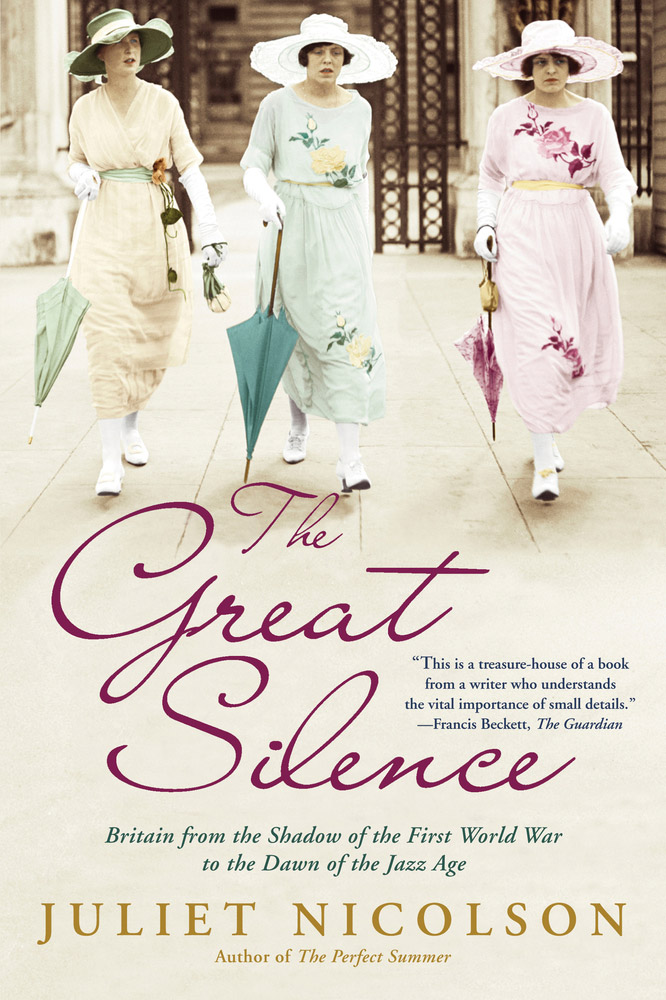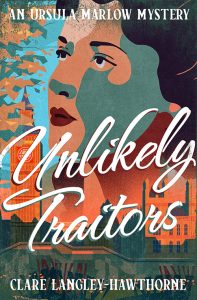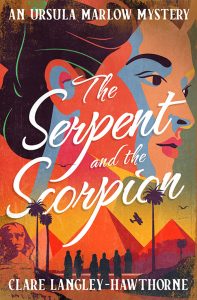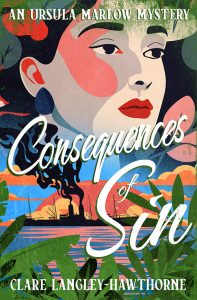
I have amassed quite a collection of books spanning the Edwardian era to the post WW1 years. One of my favorites, The Great Silence by Juliet Nicholson, describes the emotional aftermath of the war, detailing the years 1918 to 1920 and the introduction of the two-minute silence as a way of remembering the war dead. What struck me the most about her book was how well she captured the overwhelming sense of grief after the war – grief that most British people were simply unable to articulate. This book draws upon first-hand accounts that span class as well as experience and is unforgettable. I would highly recommend it to anyone interested in understanding the profound impact the Great War had on the British psyche as well as how close Britain came to the edge in those early years after the war had ended (it was a miracle there wasn’t a revolution). Be warned, however, you will need a box of tissues on hand – especially for the final chapter which details the return and interment of the unknown soldier. I’m also finally getting around to reading ‘Singled Out’ by Virginia Nicholson – a book about ‘how two million British women survived without men after the first world war’. Already I am struck by the courage as well as the palpable sense of loss these women felt and displayed. From the tear-jerking personal ads to the stories that demonstrate just how these women survived the demise of a whole generation of men. It also shows how society viewed these ‘surplus women’ – with disdain mainly. That angered me but it also enhanced my appreciation of the many stories in this terrific book. Two other books that I highly recommend on the impact of the war – Sites of Memory, Sites of Mourning by Jay Winter and The Great War and Modern Memory by Paul Fussell touch briefly on the issue of spiritualism but it is the amazing digitized books now available that I can read Sir Oliver Lodge’s Raymond as well as other books of that era that show the power of loss and the need for spiritual consolation.



